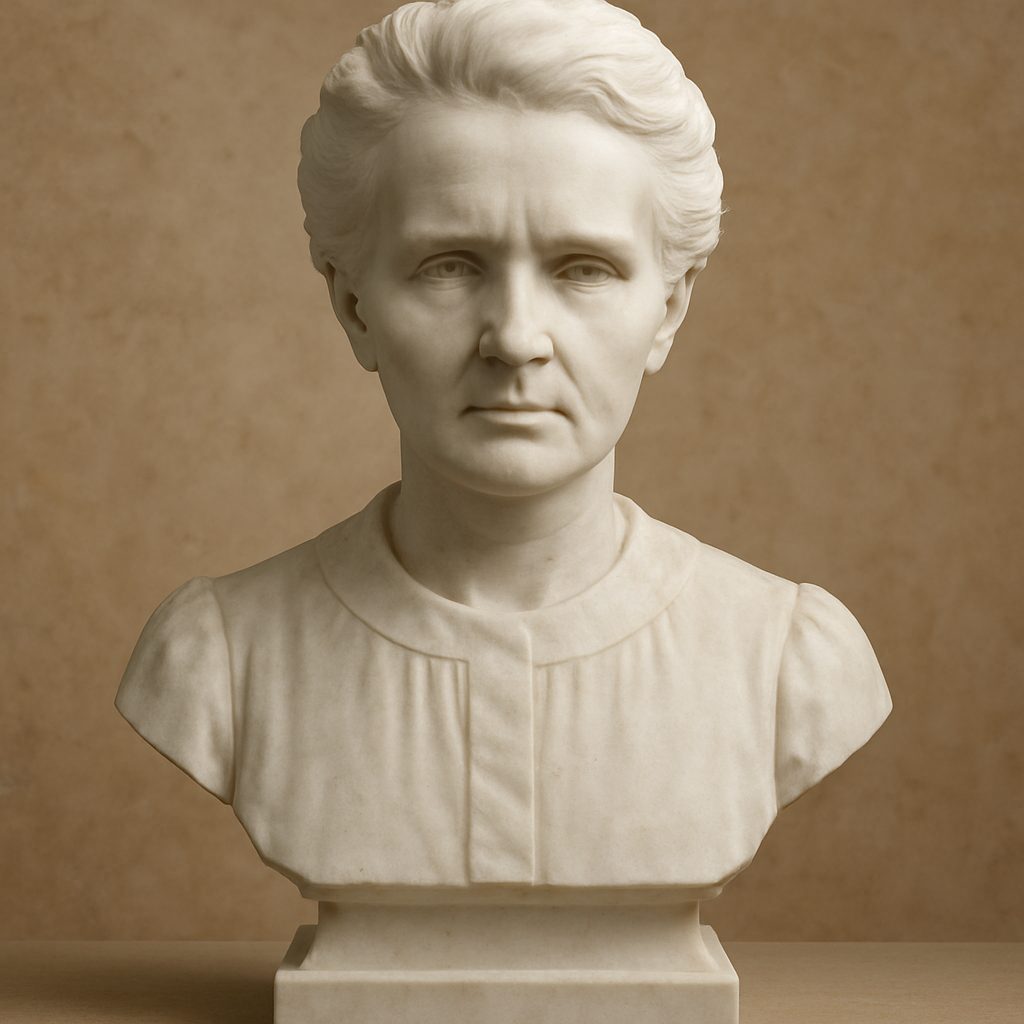Marie Curie, born Maria Skłodowska in 1867 in Warsaw, Poland, was a pioneering physicist and chemist whose work transcended the discovery of radium. A true Renaissance figure, Curie’s insatiable curiosity and dedication to science led her to achieve groundbreaking discoveries in radioactivity, a term she coined herself. Her research not only revolutionized the field of atomic physics but also laid the foundation for modern medical treatments, such as cancer radiotherapy.
Beyond her scientific achievements, Curie was a dedicated educator and advocate for women in science. She became the first female professor at the University of Paris, where she inspired countless students with her passion for discovery and learning. Her commitment to education extended beyond academia; during World War I, she developed mobile radiography units, known as “Little Curies,” to provide X-ray services to field hospitals, showcasing her ability to apply scientific knowledge to solve real-world problems.
Curie’s contributions to science and society were recognized with two Nobel Prizes in different scientific fields—Physics in 1903 and Chemistry in 1911—making her the first person to achieve such a feat. Her legacy endures through the Curie Institutes in Paris and Warsaw, which continue to be leading medical research centers. Marie Curie’s life story is a testament to the power of intellect, perseverance, and the belief that science can improve the human condition.
Renowned for her multifaceted expertise, she is celebrated as a master of physics, chemistry, engineering, teaching, and organizational development. Her profound understanding of scientific principles is matched by her innovative approach to engineering solutions, making her a leading figure in applied sciences. In the realm of education, her pedagogical strategies have inspired countless students and educators alike, fostering a culture of curiosity and critical thinking. Additionally, her skills in organizational development have transformed institutions, enhancing their operational efficiency and fostering environments that support sustainable growth and innovation.
Was Marie Curie a Renaissance Man? We know she had a well-rounded education and was known for her intellectual curiosity, so maybe that included arts, history, languages, physical fitness, and the other aspects of the Renaissance Man. But we do know she was a savant in many fields.

